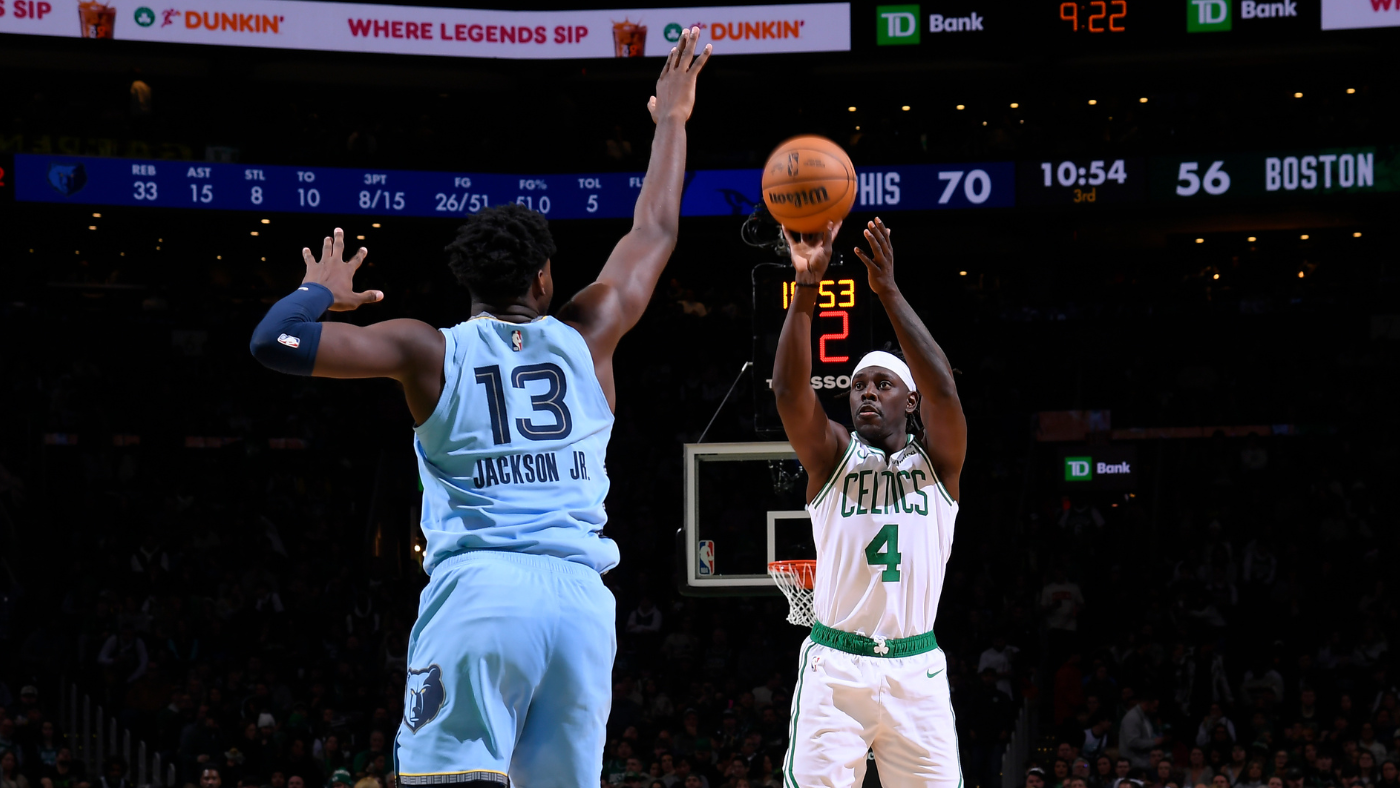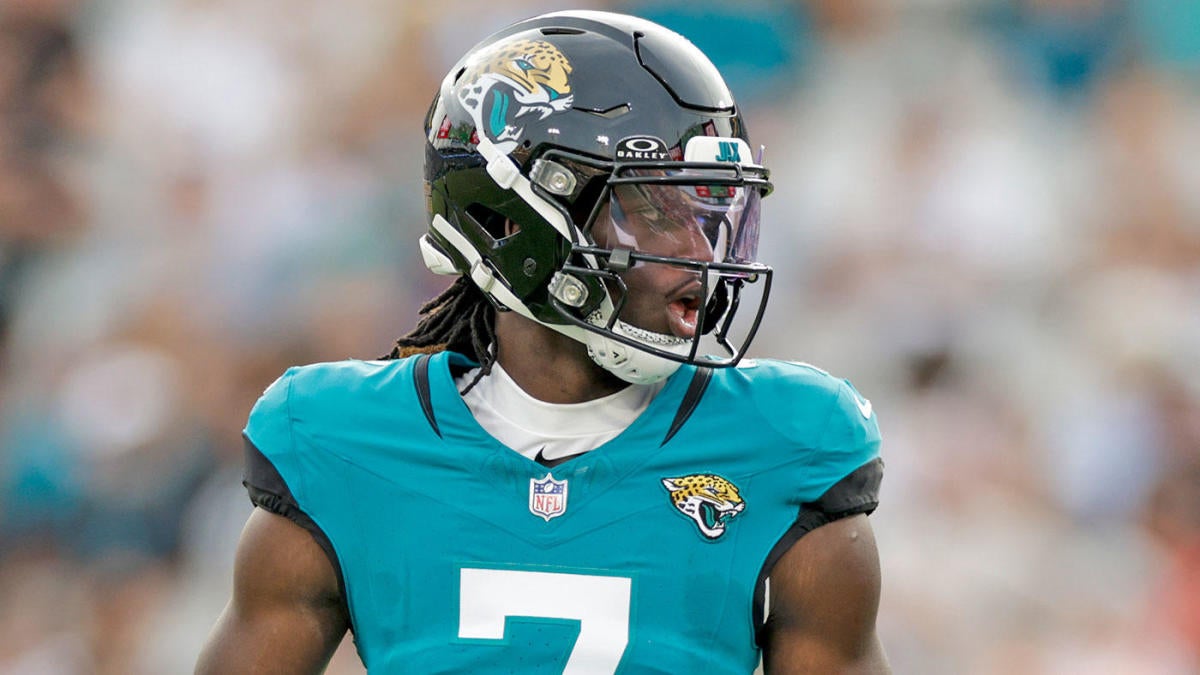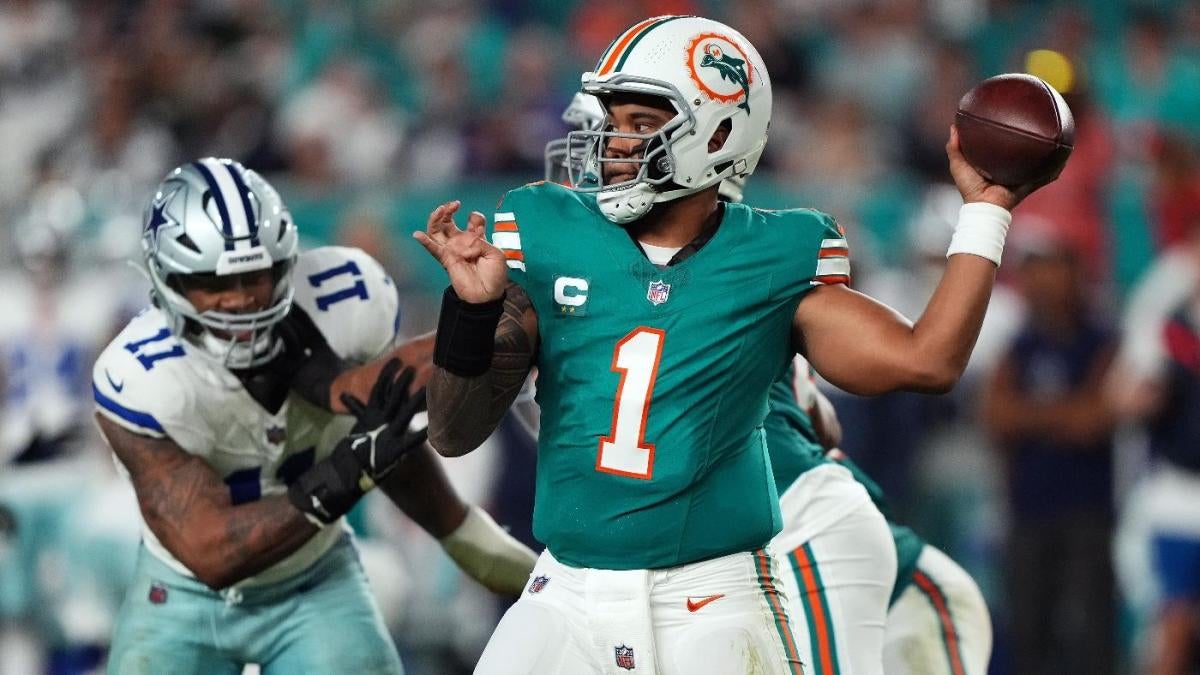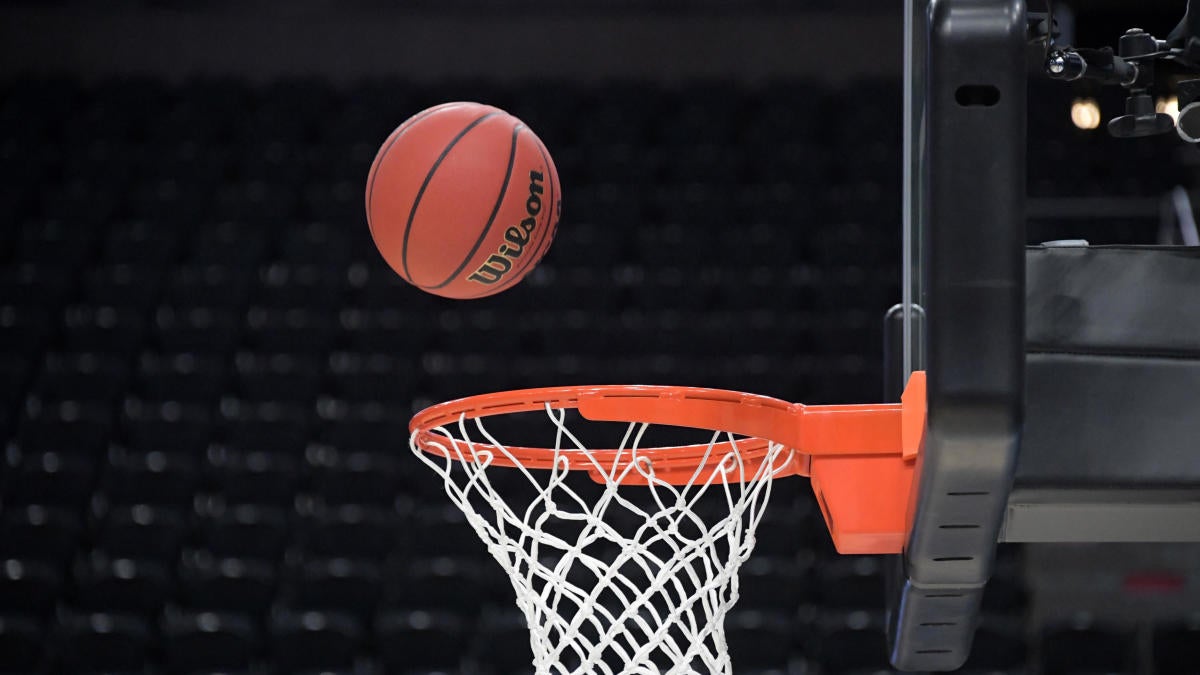
It has been nearly a decade since the Golden State Warriors changed NBA defenses forever. The Memphis Grizzlies — then leading the nascent superteam 2-1 in a second-round series in the 2015 postseason — were their victims in that critical moment. Desperate to protect star shooters Stephen Curry and Klay Thompson from Tony Allen’s relentless defense, Steve Kerr and ace defensive assistant Ron Adams concocted a scheme to play Allen off of the floor. What if, they thought, they just didn’t guard him?
That’s not exactly what happened. In truth, Allen was “guarded” by Golden State’s center, Andrew Bogut. The Australian native just didn’t pay him much mind on the perimeter. The gambit proved successful. Allen, a career 28.2% shooter from deep, was no threat to Golden State away from the basket, so Bogut could hang around the paint and muck up everything else the interior-minded Grizzlies tried to do on offense. Allen averaged almost 35 minutes in the first four games of the series. He played roughly 21 total in the last three. It quickly became apparent that the once essential defender was so detrimental to the Memphis offense that he couldn’t help against Golden State.
We all know what happened next. The Warriors became a dynasty. Allen faded out of the NBA. The then-radical concept of using a center to guard a weaker perimeter player didn’t necessarily become common, but it was a tactic almost every team used from time to time as matchups dictated, and it was one that was almost always at least somewhat available. Every team has had a weak link on the perimeter … until now.
It feels fitting, in that context, that the Grizzlies were once again involved in what represented the next step in this scheme’s evolution, and that, again, it came against an opponent pushing our preconceived notions about NBA offense to their absolute limits. This time, Memphis was on defense, and it attempted to replicate that Golden State approach against the NBA’s modern 3-point juggernaut, the Boston Celtics.
The obvious problem with that approach is that the Celtics don’t employ a Tony Allen. It’s actually quite the opposite. Everyone the Celtics play on the perimeter can shoot. So Memphis took a bold step. It didn’t target a weak link because there wasn’t one. It simply decided who it considered to be the weakest in such a strong group and targeted him. And that is how Jrue Holiday, who has played more than 1,000 NBA games if you include the playoffs, just attempted 17 3-pointers in a single game.
Entering Saturday’s tilt between Boston and Memphis, Holiday had never taken more than 13 in a single game. His high this season was nine. All you really need to know about how that happened can be seen on one of Boston’s first offensive possessions. Take a look at who is guarding Holiday, and how he’s doing it.
There is no screen that forces former Defensive Player of the Year Jaren Jackson Jr. onto Holiday. Jackson is waiting for him as he comes up the floor. As the play progresses, Jackson keeps his feet roughly on the free-throw line. When Derrick White passes Holiday the ball, Jackson only makes a half-hearted mini lunge in Holiday’s direction, briefly and slightly raising an arm to feign a contest. Holiday’s 3-pointer is wide open.
Fast-forward to his next attempt. Holiday is sitting in the corner. Jackson is guarding him, but his eyes are firmly on Jaylen Brown. When Brown drives, Jackson steps up to contest him despite the fact that Desmond Bane and Brandon Clarke were already there. Brown kicks the ball out to Holiday. Once again, Holiday casually puts up a wide-open 3-pointer.
Lest you believe this was a strategy deployed specifically to suit the strengths of a former Defensive Player of the Year, the approach was much the same when Jay Huff took his place on the court.
Some of the looks Holiday got were flat ridiculous. Take a loot at this inbound. The Celtics didn’t run a play. They didn’t need to run a play because Jackson, “guarding” Holiday, starts the possession in the paint and actually backtracks into the restricted area as White inbounds the ball to a wide open Holiday. Jackson seems to realize what’s happening as soon as the ball is passed, but by then it’s far too late. Holiday makes his easiest triple of the night.
This approach ultimately worked for the Grizzlies. They beat the Celtics in Boston, a feat only six other teams can claim over the past two seasons. Holiday shot just 4 of 17 on these 3s. But the thought process behind the strategy is ultimately what’s important, because the truth behind this Celtics loss is that the extreme measures the Grizzlies took to dole it out only served to prove just how dominant this team really is.
So let’s start with the why of it. Technically, Holiday probably is the weakest of the core Celtics perimeter players on offense. That’s especially true now that Payton Pritchard has leveled up to Sixth Man of the Year frontrunner, and Derrick White is beelining straight toward his first All-Star selection. The Grizzlies aren’t the first team to recognize this. They aren’t even the first team to put a center on him. In one high-leverage example, the Nuggets decided to put Nikola Jokic on him down the stretch of last season’s second titanic regular-season battle between the two teams we expected at the time to reach the NBA Finals. Holiday wound up shooting 3 for 5 against the eventual MVP in the final eight minutes or so of a game Denver ultimately won.
Denver differed from Memphis on a few key fronts, though. For starters, this was a crunch-time adjustment, not something it came out of the gates trying. Second, and perhaps more important, Jokic is not Jackson defensively. Jackson is versatile enough defensively to guard almost anyone when needed. Jokic is not. Putting him on Boston’s lone big man — Kristaps Porzingis — had a number of downstream effects the Nuggets wanted to avoid. Porzingis can shoot from so far beyond the arc that his man is inevitably drawn far farther away from the basket than the Nuggets could have afforded for their center, and matching them up on one end of the floor would have made it easier for Boston to get that more desirable matchup on the other end rather than having to scramble to get the proper cross matches or switches. So the choice Denver made last spring was very different than the one Memphis made on Saturday. For the Nuggets, it was one made out of necessity.
For the Grizzlies? It was an outright decision to put the game in the hands of a single player. What’s notable about this is who that player was, ignoring the context of Boston’s roster. The Warriors targeted Allen all of those years ago because he was overtly a negative offensive contributor. Sure, Holiday might be the least threatening of Boston’s main perimeter players, and yes, he might be shooting only 32.8% on 3-pointers this season, but this is still Jrue Holiday we’re talking about here, not Tony Allen.
Holiday is a multi-time All-Star. He averaged nearly as many points per game as a rookie (eight) as Allen did for his entire career (8.1). His shooting may be down this season, but prior to opening night, he’d shot over 40% on 3s since getting traded to Milwaukee ahead of the 2020-21 campaign. Even when the triples aren’t falling, he has a variety of other valuable functions on an offense. He’s lethal near the basket, especially on mismatches against guards in the post. He’s a stellar secondary playmaker and screener, someone who can wreck havoc on your defense as everything beyond a shooter if left to his own devices. He’s the worst offensive core Celtic, but he is still a very, very good offensive player.
And that is the conundrum Boston has created for opposing defense. Last season’s Celtics were the most efficient offense in NBA history. This season’s version isn’t far behind, and it’s on pace to become the first team to shoot more 3s than 2s. The five guards and forwards who consistently play major minutes for them are three likely current All-Stars, a former All-Star and possibly the Sixth Man of the Year. There is just no good way to defend the Celtics. Defenses are trying to find the least bad option.
The Grizzlies decided on Saturday that the least bad option was Holiday. When the Warriors conceived this approach to offense, it was designed to eliminate a player so bad that they assumed he wouldn’t do much of anything with the freedom they were granting him. The Grizzlies knew Holiday would shoot. Their plan was, mostly, to hope that he missed.
Sure, there was a bit more to it than that. Having their bigs ignore their man on the perimeter for such long stretches did help the Grizzlies wall off the basket. Memphis outscored the Celtics 64-40 in the paint. But leaving a single player of Holiday’s caliber so open is more than a concession. It’s an invitation. It’s a proclamation that the Grizzlies have decided that a wide-open Holiday 3-pointer is a better outcome for their defense than even allowing the Celtics to run their standard offense. Mathematically, that’s not the craziest idea. The Celtics score a shade above 1.2 points per possession. Holiday is shooting 35.8% on wide-open 3s this year, which adds up to 1.074 points per possession before you factor in possible offensive rebounds and fouls. There’s some basis to this idea until you remember that last year, Holiday made 42.4% of his open 3s. Over any sort of sustained sample, you’d expect Holiday to make enough 3s to kill any defense that tried this.
But this wasn’t a sustained sample. It was a single game, and weird things can happen in a single game. In this one, Holiday tried 17 3s and made four of them. The fact that Memphis won this game, which so few teams ever do against Boston under any circumstances, means that future Celtic opponents are almost certainly going to try versions of it as the season progresses. Why not? It’s not as though anyone else has discovered a viable plan to defend the Celtics.
And if your best hope of slowing Boston down across a seven-game series is giving Holiday as many wide-open 3s as he wants and hoping that he misses, well, good luck with that, because even if Jrue Holiday isn’t quite as dangerous as Jaylen Brown or Jayson Tatum, he’s much closer to them than he is to Tony Allen.




